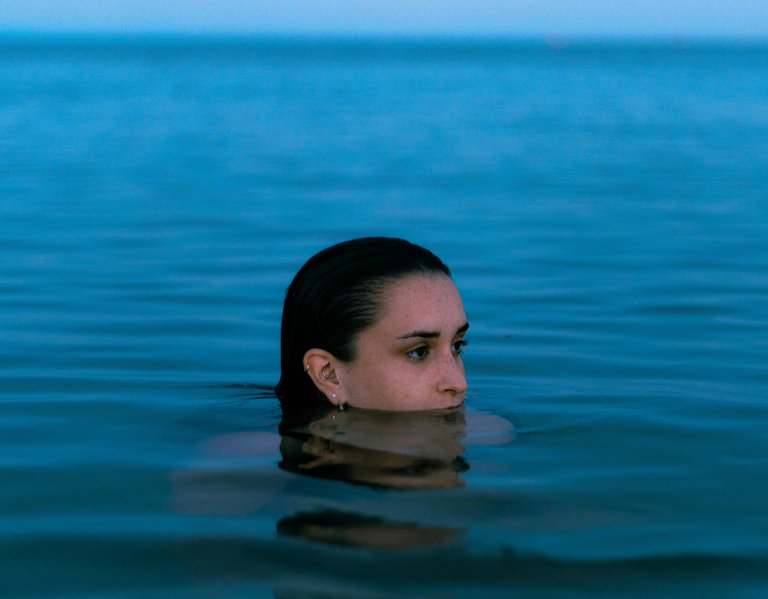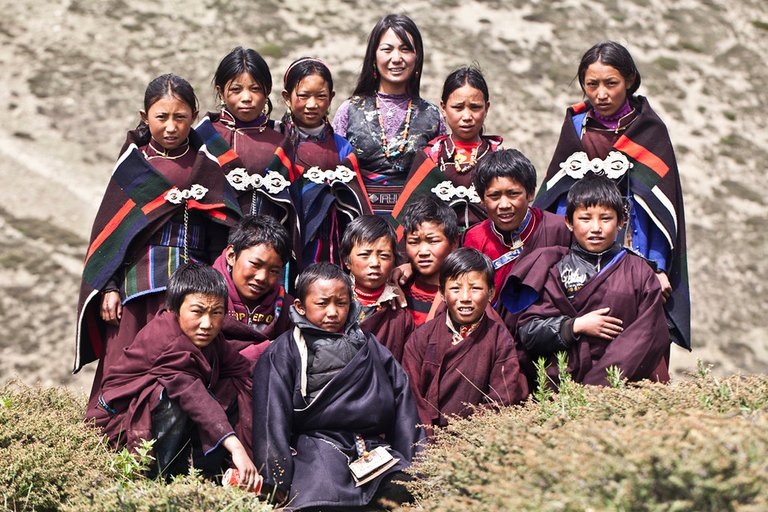I tried holding my breath under water and I did well because I held my breath for about 47 seconds. C'mon give me a round of applause because I did well even though I didn't get to 1 minute. The average human can hold their breath for up to 1 or 2 minute under water and we can say that this is because we are not aquatic animals but this is different for the Bajau people who dive down the ocean to hunt for animals and can stay under water for more than 10 minutes.
While we can say that it is associated to training, it has now become a part of their gene that people from this population are known to be good at staying under water. Would we say that humans are still experiencing a type of evolution here which is recent? These people can spend up to 5 hours in the ocean just holding of breath and coming out. This is attributed to a physiological change in a part of their body which is their spleen. The spleen of Bajau people are 50% larger than the spleen of normal people.
While the spleen isn't really upheld at high esteem, it is responsible for holding oxygen filled red blood cells as a reservoir. Other aquatic mammals like whales also have large spleens and this help them keep red blood cells which transfers oxygen to the body when needed if there are no oxygen available. Before you start to jump into water so you can have bigger spleen, this is not how evolution works.
You see, people from Bajau have been living in thier habitat for thousands of years, and so over time, some people began to experience largee spleen, after which they began to bore children who also bore offsprings that carried the same genetic makeup. This lead to adaption via a process known as Natural selection where a gene beomes popular because people around carrying it begin to reproducing, surving the pressure of the environment.
After evolution, our specie began to dominate different territories and we began to open up to civilization. Over time a lot of people died as a result of succumbing to the environmental pressure accompanied with a lot f the changes that they experienced which could have affected their genes but our ancestors were able to survive it, bearing us as offsprings to continue with those genetic informations. You do not believe so, indegenous people of Himalayas are able to breath air with 40% less oxygen than the average human because they are used to going up the mountains and high altitudes.
Still on genetics, almost all humans suffer from lactose intolerance as we grow up but there are still the very few people who can still drink milk as adult and this is as a result of genetic change amongst these set of people because of natural selection. So we still evolve as individuals and not all of our genetic changes are as a result of natural selection. Evolution just has to do with change, and for our specie just like others, it will not change, natural selection is just one way that evolution occur.
Reference
https://www.ncbi.nlm.nih.gov/pmc/articles/PMC8672270/
https://www.nationalgeographic.com/science/article/bajau-sea-nomads-free-diving-spleen-science
https://www.ncbi.nlm.nih.gov/pmc/articles/PMC5004836/
https://www.ncbi.nlm.nih.gov/pmc/articles/PMC3684741/
https://www.khanacademy.org/science/ap-biology/natural-selection/artificial-selection/a/evolution-natural-selection-and-human-selection
https://www.ncbi.nlm.nih.gov/pmc/articles/PMC3327538/
https://www.ncbi.nlm.nih.gov/pmc/articles/PMC2876812/
https://www.ncbi.nlm.nih.gov/pmc/articles/PMC3654241/


